950+
Organizations use Psylaris products
7500+
Therapists use our software worldwide
100.000+
Completed sessions with our applications
All about Personality Disorders
Scroll down to quickly read on, or use the table of contents.
Every person has their own personality. In addition to a person's character, personality can also be something unique about a person. Sometimes people are known for certain pronounced personality traits. For example, someone can be known as a cheerful person, a surly person or a grumpy person. But if certain personality traits become extreme, then there is a personality disorder.

As a rule, your personality adapts to the situation you find yourself in or the people you deal with. But there are also people with extreme personality traits who find it difficult to adapt to situations. For example, you can be extremely shy or extremely perfectionistic. Certain personality traits can clash with your environment. You do not adapt your personality to the rest of the group and this can lead to conflicts at work or in your private life. This is then called a personality disorder and is often accompanied by certain mood swings, anxiety disorders and depression. A personality disorder almost always causes difficulties in daily functioning.

Whether you have developed a personality disorder can depend on several factors. For example, heredity and predisposition are factors. If a personality disorder runs in the family, you are more likely to suffer from it yourself. In addition, some people are more susceptible to developing a personality disorder. If you have difficulty dealing with emotions and feelings, a personality disorder may be a way of expressing them. A very important factor for the development of a personality disorder is a traumatic experience that you have ever experienced.
There are some standard forms of personality disorder, which are divided into clusters. Each cluster has certain characteristics. Someone who suffers from a personality disorder that falls in cluster A is often described as eccentric or different. You may appear confused and chaotic. A personality disorder in cluster B means that you have difficulty controlling your emotions and often react impulsively. Someone with a personality disorder from cluster C is often anxious and scared, and has difficulty forming relationships with other people.
Someone with narcissistic personality comes across as very inflated. The narcissist feels he/she is the best and often better than others. You consider yourself very important and want to be in the spotlight, to show the outside world how important you are. The narcissist also expects others to treat him/her as someone special. In short, as a narcissist, you are and feel you are the best. The opposite is true. Deep inside, the narcissist is very insecure and may even suffer from an inferiority complex.
A person with borderline disorder shows a wide variety of symptoms and can behave in a very unpredictable manner. A person with borderline is especially afraid of rejection and abandonment. That is why borderline has a great impact on relationships and friendships, which are very difficult to maintain. Friendships are often disrupted because a person with borderline can be very difficult to maintain. Additionally a person with borderline disorder can react very violently.
People normally obey the law and written and unwritten social rules. This does not apply to people with an antisocial personality disorder. You are then often easily irritable, aggressive and impulsive and nothing and no one can stop you, you do not stick to the rules. It can be dangerous if the conscience is not developed or only to a limited extent. Thus they cannot empathise and hurt others without feeling guilty. Addicts to alcohol and drugs often show an antisocial personality disorder.
Obsessive-compulsive disorder is an anxiety disorder characterised by unwanted obsessive thoughts and/or repetitive actions. The thoughts and associated actions are very difficult to avoid. It often starts in childhood with relatively innocent actions, but in adult life it can become a real plague, especially during stress and strain. It takes a lot of effort to get rid of an obsessive-compulsive disorder and often a long course of treatment is required.
A schizotypal personality disorder is characterised by a constant feeling of fear and suspicion. This makes you always feel uncomfortable in a group. This is also evident in the way you behave and talk. People with schizotypal personality disorder are seen as eccentric and somewhat strange, because of the way they react. It is also very difficult to communicate, because you show little or no emotion. You are seen as cold, uninterested and heartless.
A theatrical personality disorder is sometimes called a histrionic personality disorder. You like to be in the spotlight. Now this is true for more people, but you do not have to have a personality disorder for that. This is the case when everything is exaggerated. Feelings are exaggerated and expressed in an almost theatrical manner, so that everyone looks at you. When you don't get this attention, you are genuinely very disappointed, sad or angry.
In the case of an avoidant personality disorder you are very inhibited when it comes to your social life. You would love to make social contacts, but because you are inhibited, you do not dare to do so. You are very afraid of negative judgements from others and of people rejecting you. You may have a severe form of shyness and a feeling of shame about your own shortcomings.
When you have a dependent personality disorder you have developed the ability to do things, you show a clinging and especially submissive behaviour. You are especially afraid that you cannot do certain things. Therefore, you have little to no self-confidence. With dependent personality disorder, you lean very heavily on someone. Someone always has to be around, in case something happens. If you are in a relationship, you live in constant fear of being abandoned. This is also the reason why people with dependent personality disorder are often victims of exploitation and abuse.
With a compulsive personality disorder you are a real control freak. Planning and control are central to your life in an almost autistic way. Often, you are also a perfectionist, so that if things go wrong and you have no control over something, you panic. Sometimes you may also have difficulty accepting other's opinions. You think so compulsively that only your way of thinking and your opinion is good.
It is not the case that if you experience certain symptoms or complaints, you must immediately link this to a personality disorder. Many people exhibit certain behaviours that are common to people with a personality disorder, but these have no impact on everyday life or social contacts. An important characteristic of a personality disorder, however, is that it has a major impact on everyday life. You can no longer function properly and you have few social contacts. Depending on the type of personality disorder, you keep social contacts at a distance or relationships are destroyed because of your personality disorder. A diagnosis of a personality disorder is only made after a thorough examination by a medical professional. Once the diagnosis has been made, you will be able to receive treatment.
Treatment for a personality disorder depends mainly on the severity of the symptoms and the cause. Different treatments are possible. An important and common cause is a traumatic experience in the past. If you have experienced this at a young age, you can develop a personality disorder later in life. Treatment must then focus on processing the trauma. After all, if the trauma is processed, room is created for the recovery of a personality disorder.
In an EMDR treatment, trauma processing is central. During the treatment, a trauma is processed by distracting the client by following a hand gesture of the practitioner or by responding to an audio signal. This distraction takes place at the moment that you recall and relive the traumatic event. Because you are distracted, you suddenly think of something else and you get used to park the trauma. Reliving the event will also be easier, with far fewer emotions. Because the trauma is given a place in the mind in this way, many complaints, such as a personality disorder, will disappear or diminish.

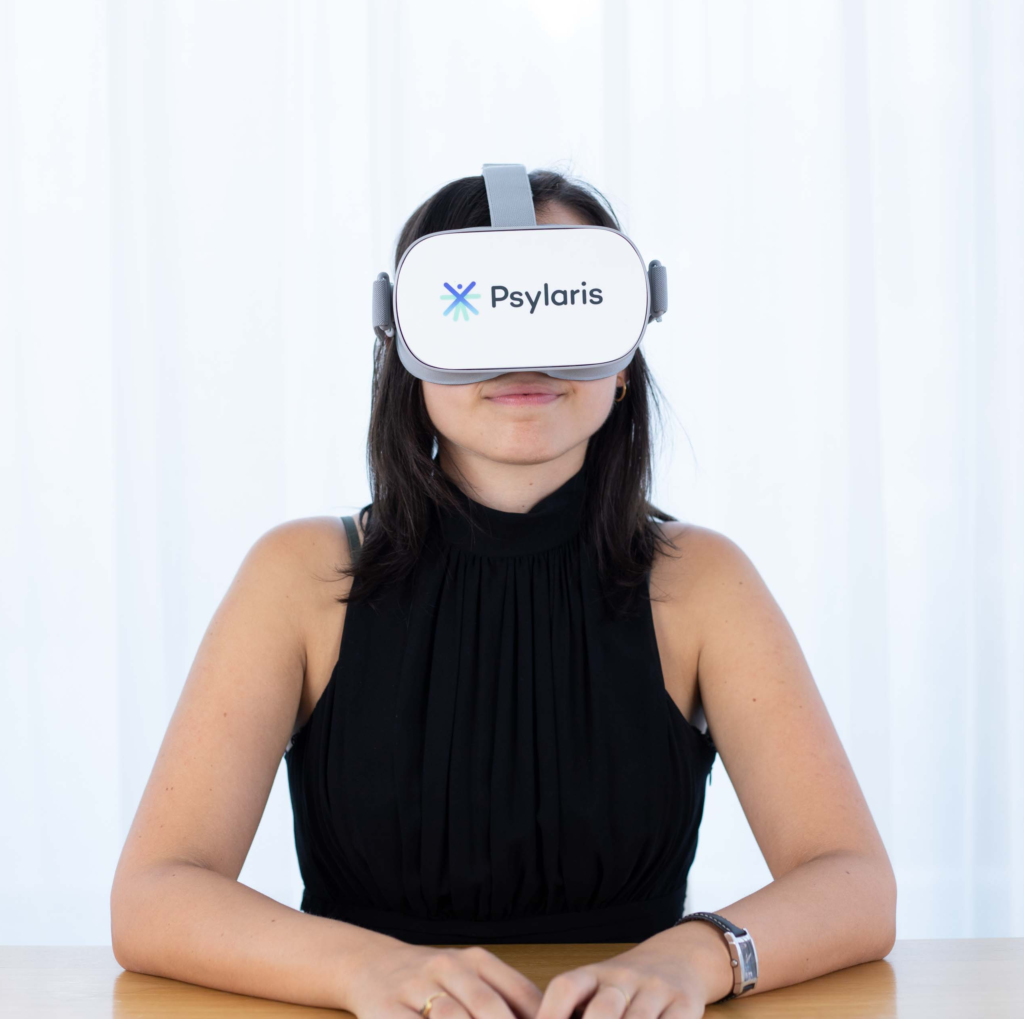
Psylaris was founded by people from the GGZ for the GGZ. The goal of Psylaris, is to make services easy, so that they become more accessible for the client. Psylaris has modernised the EMDR treatment with the products EMDR-VR and EMDR-Remote. EMDR-VR is a virtual reality module, in which the client is taken into the virtual world and thus undergoes a very intense distraction. EMDR-Remote is still the classic EMDR treatment, but then remotely and via video calling. EMDR-Remote is the online platform where this takes place. With both virtual reality and the online platform, the practitioner has many more possibilities for distraction and for making treatments more frequent.
We believe with the combination of intelligent software and qualified therapists we can develop a system in which everyone, anytime and anywhere has direct access to efficient and affordable psychological care.
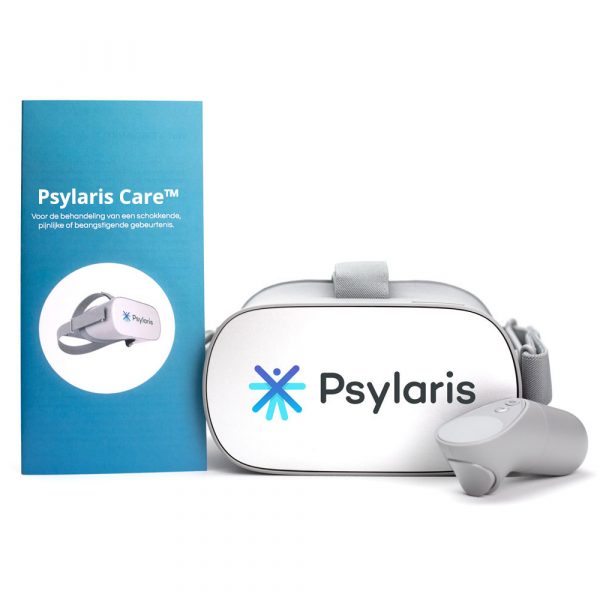
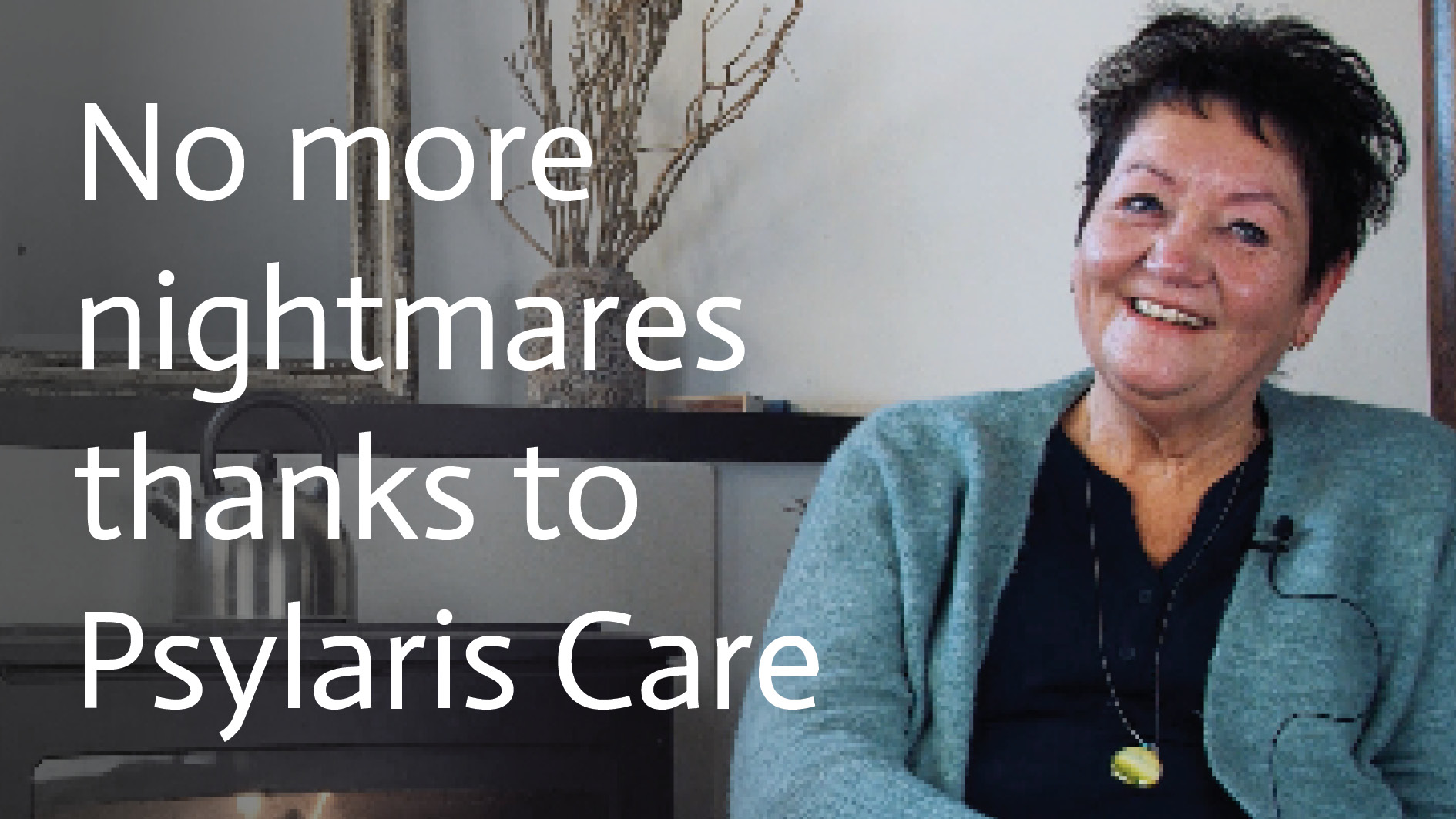
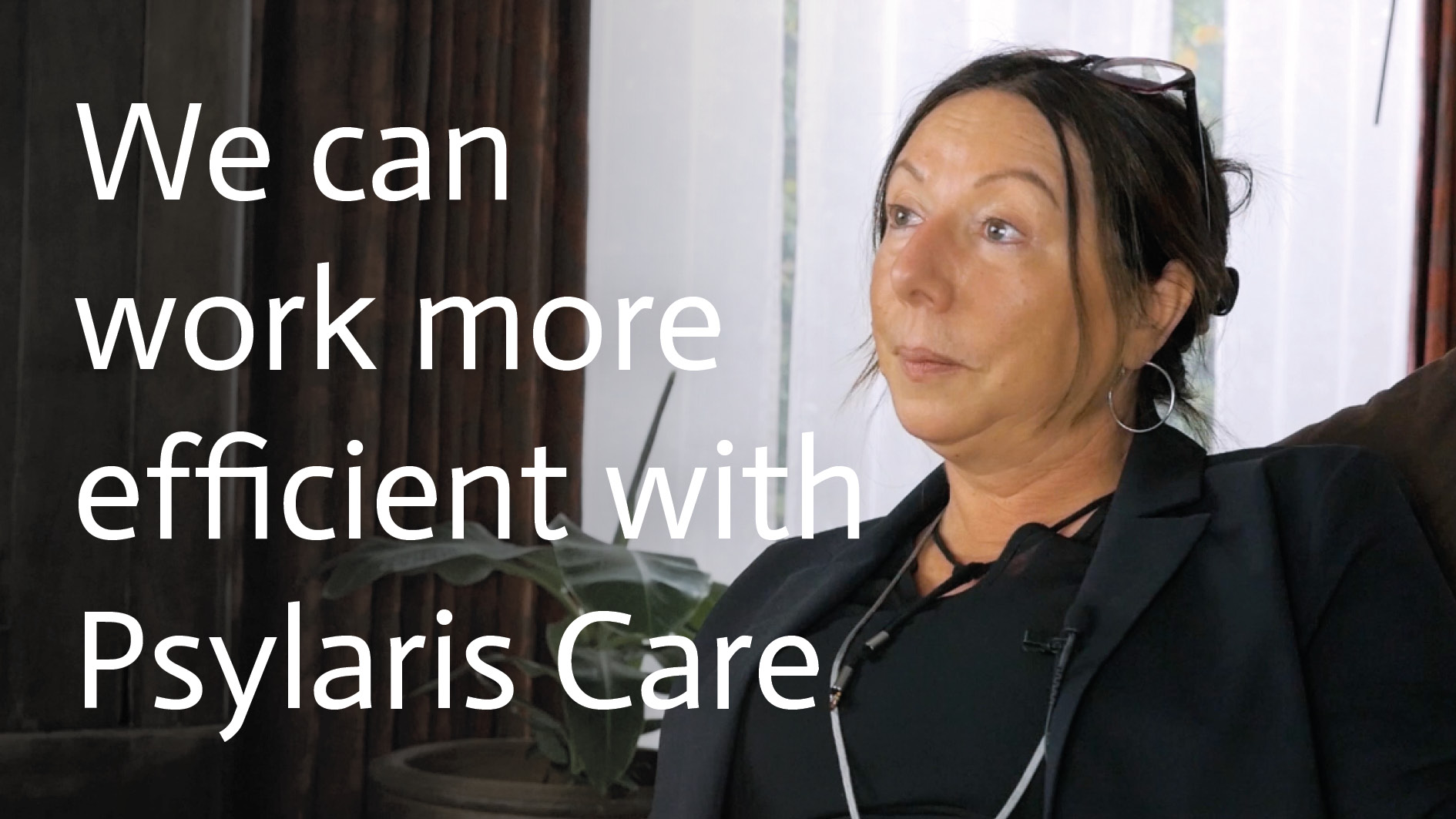
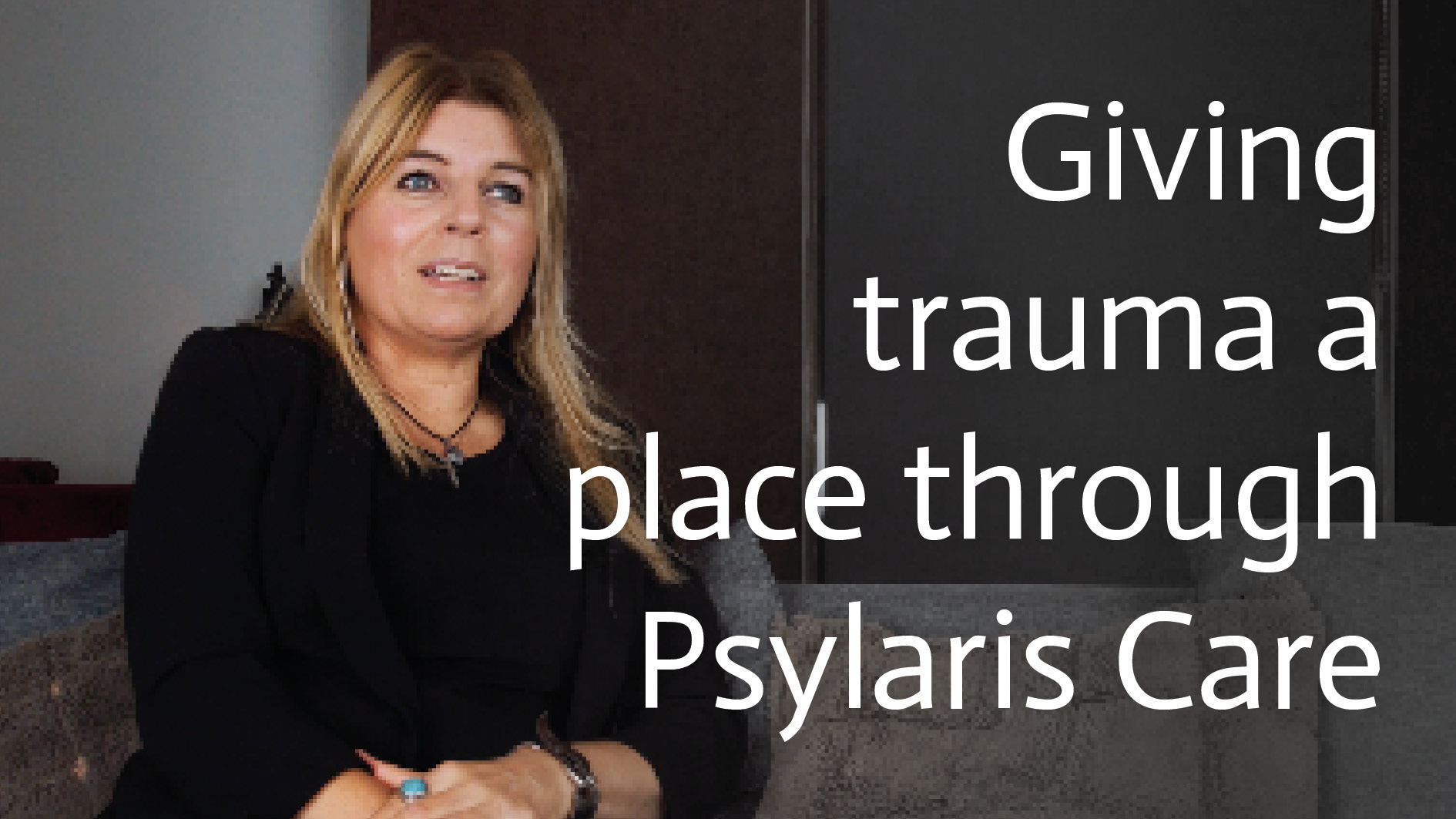
This website uses cookies to ensure that you get the best experience on our website.